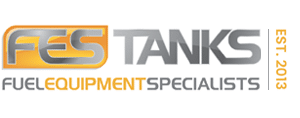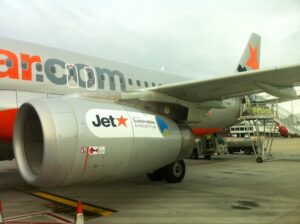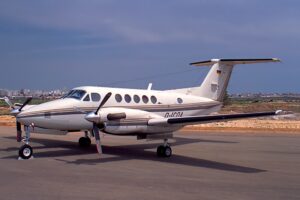Australian-first self-loading, relocatable bulk fuel storage solution
THE search for a better fuel distribution solution for a remote inland shire council has led a Queensland collaboration to come up with an Australian-first. The Hydraulic Un-Loading Kit (HULK) is an optional self-loading system grafted onto a bulk self bunded tank. It offers a complete self-sufficient relocatable bulk fuel storage solution – and this idea’s got legs!
Diamantina Shire Council on the border of Queensland, Northern Territory and South Australia understand the challenges of managing the dispensing, storage and relocation of fuel in remote locations. Construction sites in outback Australia present certain challenges, like a distinct lack of infrastructure and logistics that urban locations take for granted. It was this challenge that prompted Diamantina Shire Council to come up with the concept of a self-loading fuel storage system that would improve logistics, reduce costs and streamline the council’s remote refuelling operations.
Diamantina Shire Council appointed Cairns based Nqpetro, a specialist fuel fit-out company to help bring their concept to life. Nqpetro appointed the market leader in self bunded storage tanks, F.E.S. TANKS, and together the innovative HULK design was born.
The HULK will improve fuel management and logistical costs on hard-to-access remote work sites.
Here’s a demonstration of this impressive new system in action:
F.E.S. works with local government and major industry across Australia to provide innovative next-generation fuel storage solutions designed to take business into the future.
“They were using older style portable above-ground tanks and were continually having to move them, which posed a threat to the integrity of the tanks and a potential environmental and safety risk,” F.E.S. business development manager Daniel Porter says.
“They sometimes had three tanks on the back of a semi-trailer, chained to the tray.
“Theft was a problem too, because there were only certain ways you could lock the tanks.
“The previous fuel distribution systems were also very basic with no filtration and a 240V pump that was hooked up to extension leads.
“Anyone wanting to steal fuel could rock up after hours, plug in their power source and take as much as they wanted.”
The F.E.S. team, who are known for creating tailor-made fuel solutions for business, consulted on the adaption of the HULK system to a self-bunded, high quality 28,000-litre F.E.S. Grande tank. With it’s in-built hydraulic legs engaged it allows the truck to simply drive away while the tank lowers itself into position.
The system makes it easy to position and relocate tanks at remote sites without the cost or logistical issues associated with a crane lift.
It means the council can more securely and safely carry high volumes in a single self-bunded tank, virtually eliminating the risk of fuel leaks due to structural breaches.
The HULK also dramatically reduces opportunities for theft, with the pump contained inside a lockable door, with a separate lockable isolation switch.
The pump has 24V and 12V options so it can be battery powered in case of power failures.
“Basically, it means they can go easily to more remote sites with a bigger volume of fuel storage and enhanced safety, portability and efficiency,” Daniel explains.
“As part of the engineering process we built in additional capacity too, so if they wanted to we could use the system on even our Grande 68,000-litre tanks.
“This system is already attracting plenty of attention from councils and has great potential for the civil construction sector too.”
F.E.S. TANKS would like to extend a big outback thankyou to Diamantina Shire Council for the opportunity to be a part of such an industry changing concept.
For details on how the HULK or other self-loading options from F.E.S. TANKS could work in your situation, contact us on 1300-651-391 or get in touch via our contact form.




1 Comment
[…] example, we’ve worked over the last several years with a local council covering a region of 94,000 hectares in outback Australia. When they first came to us, their fuel […]